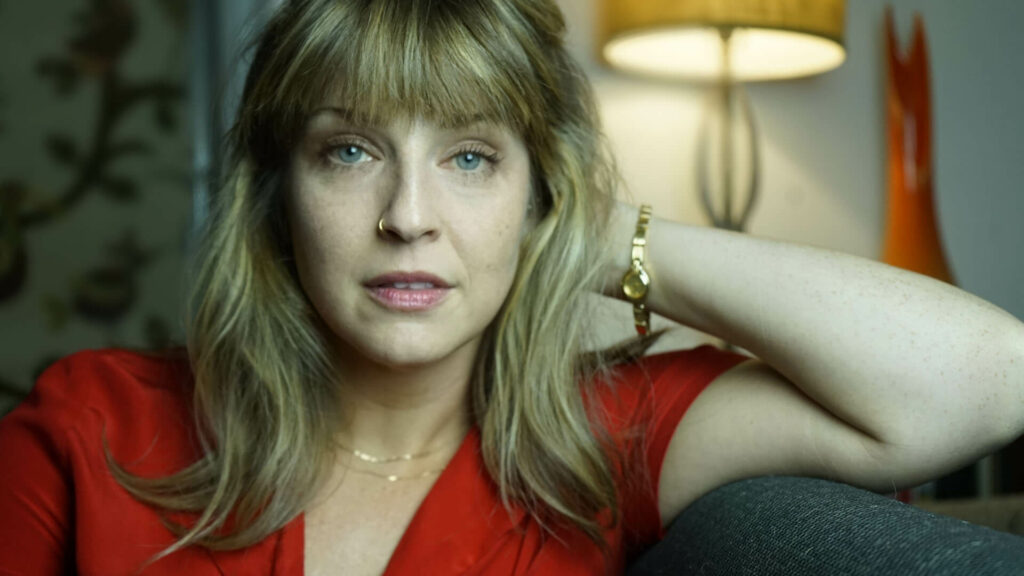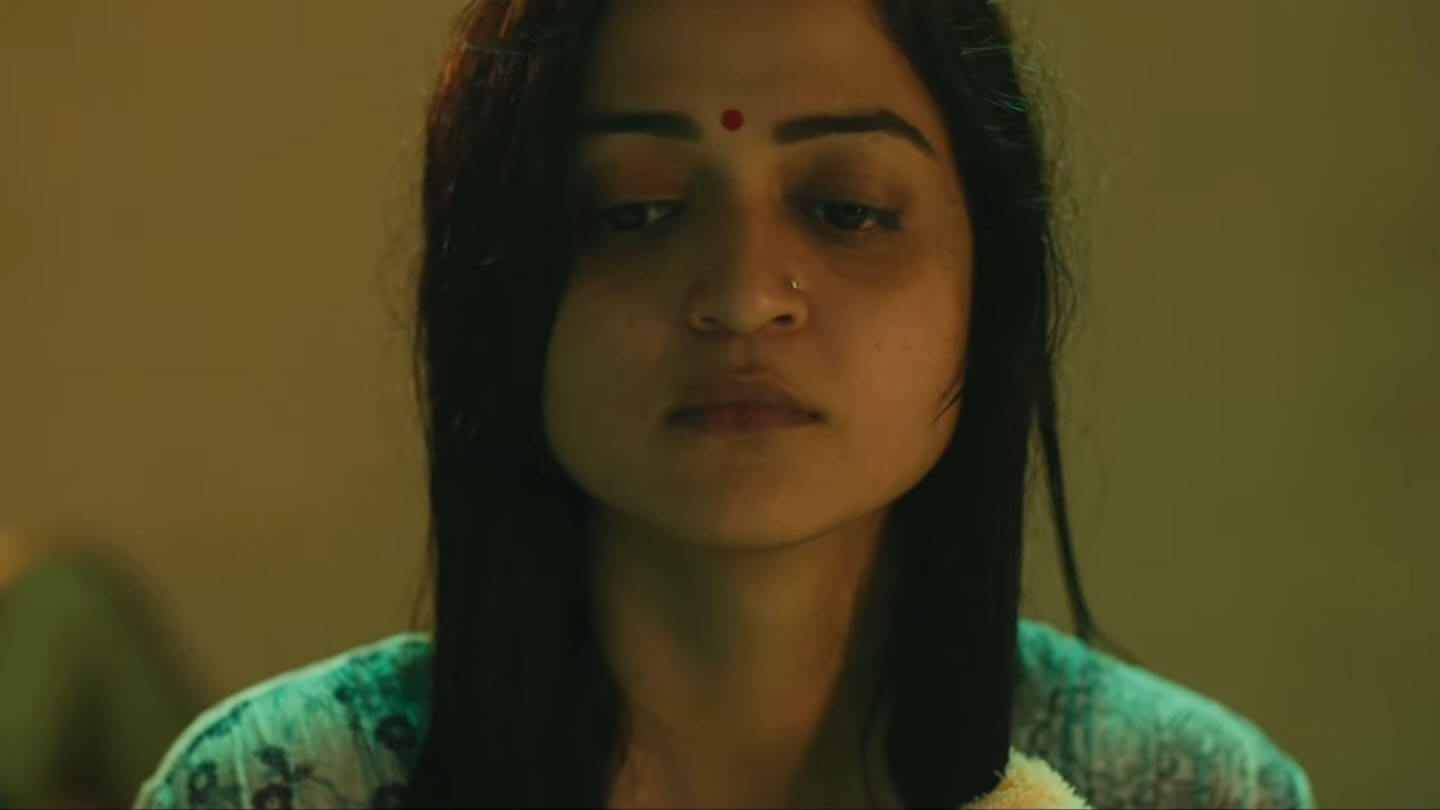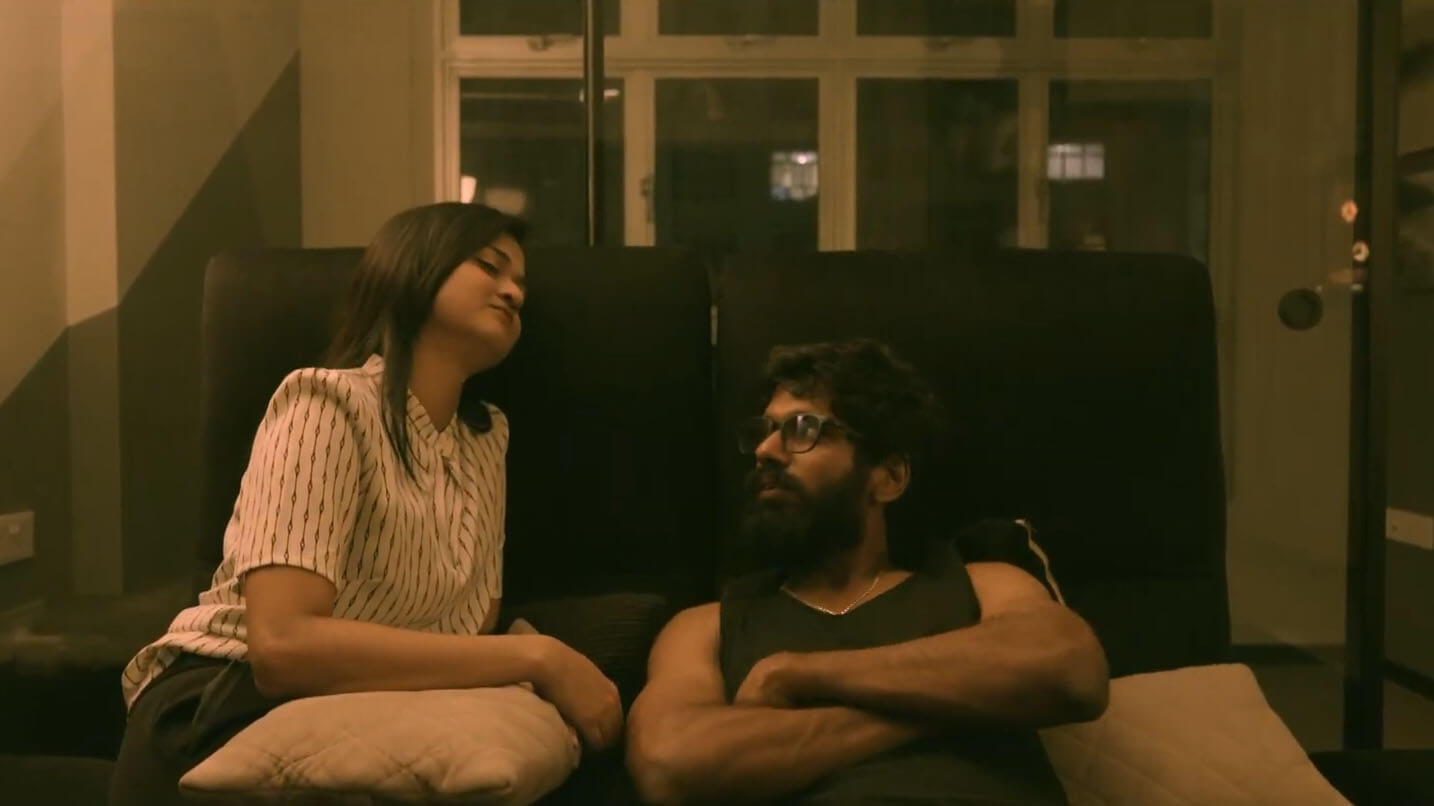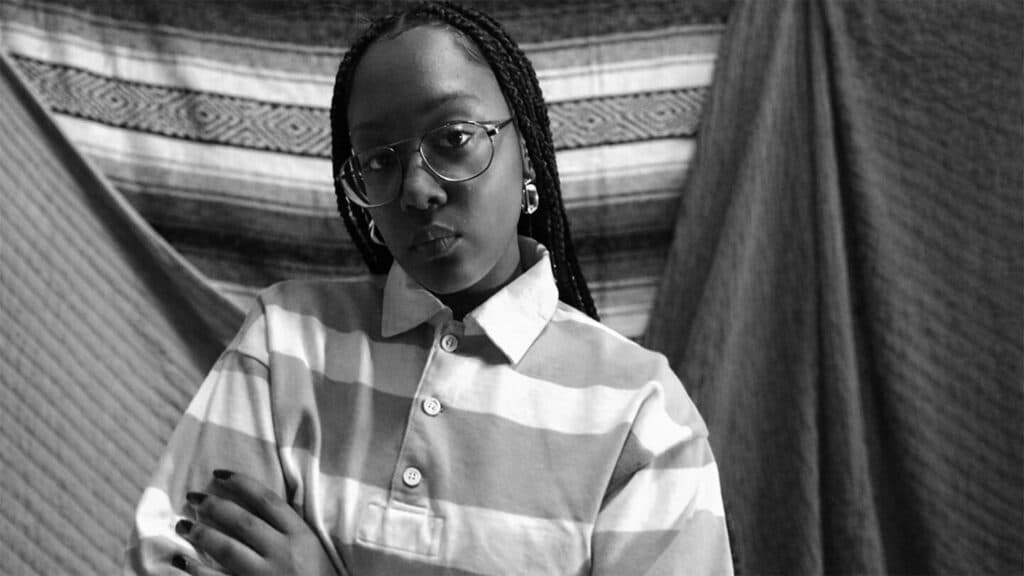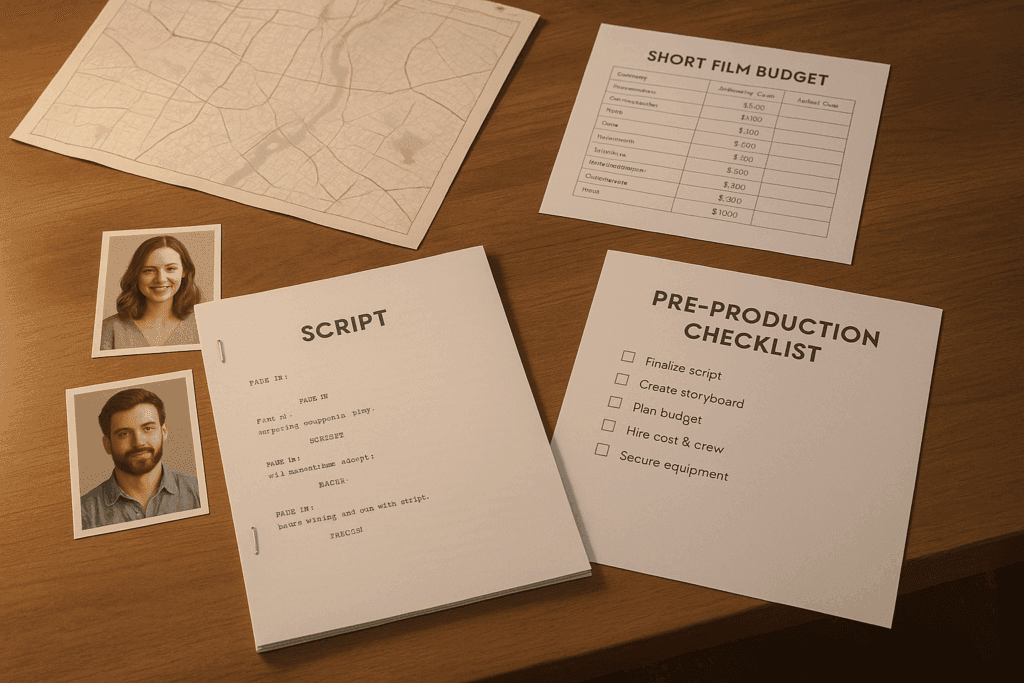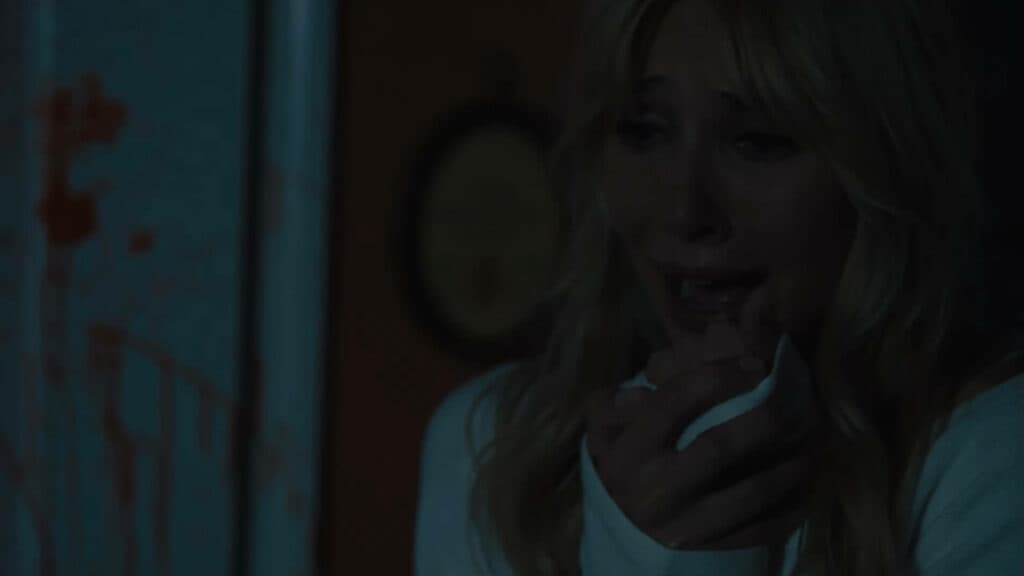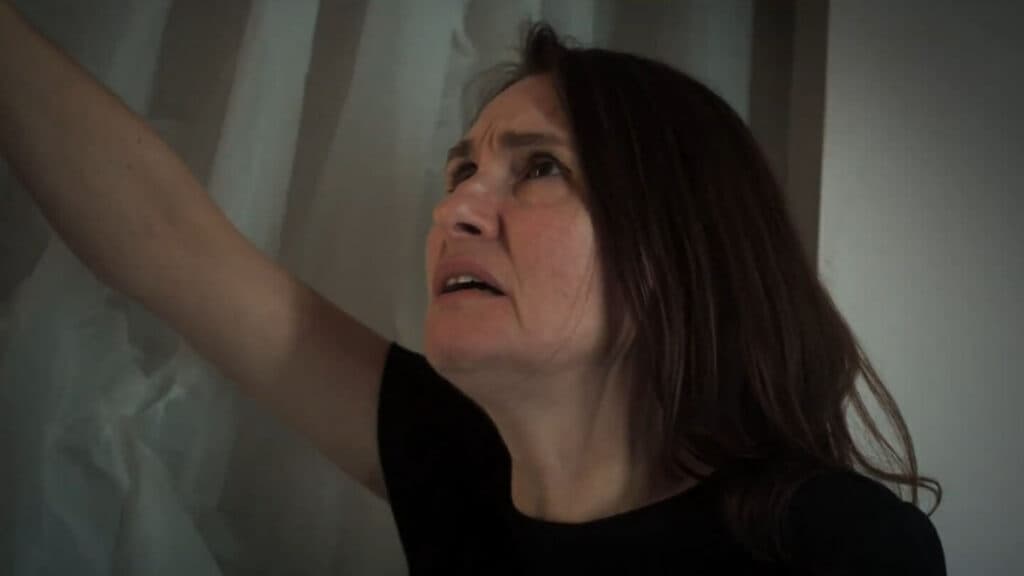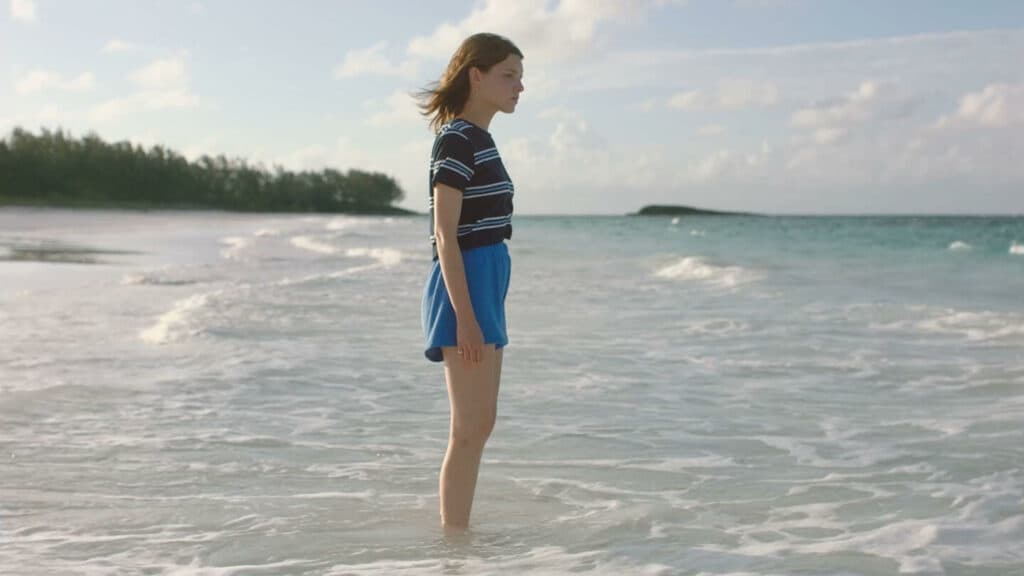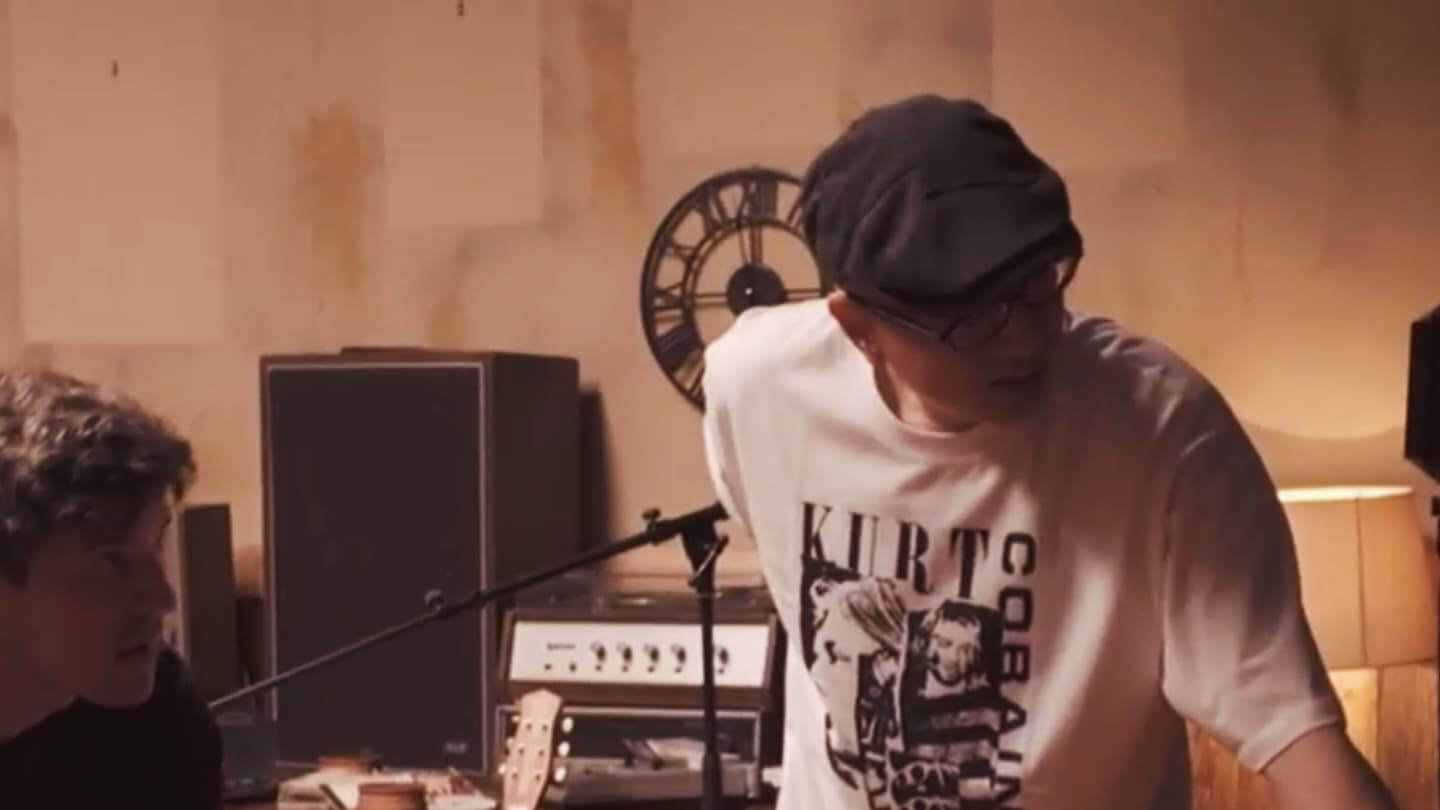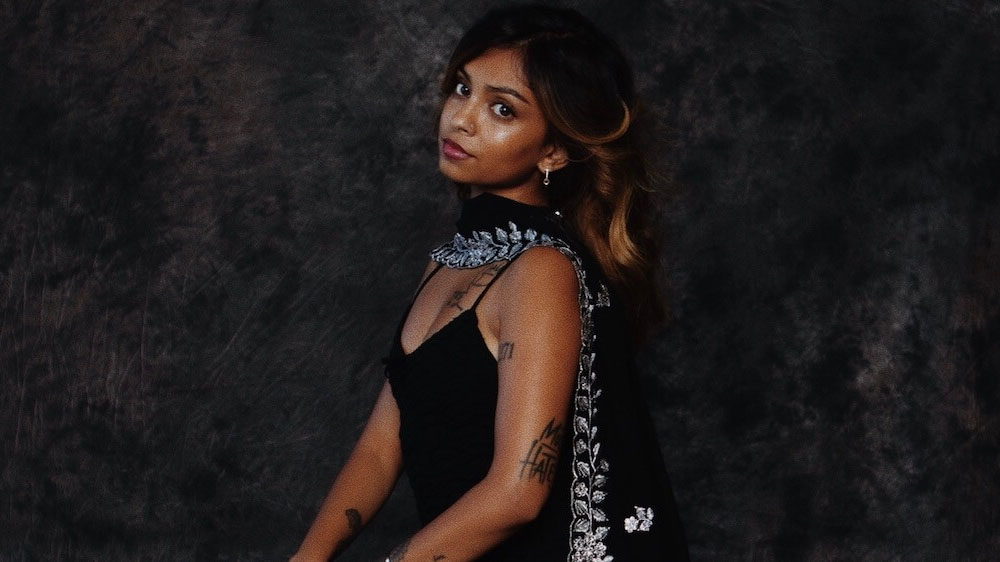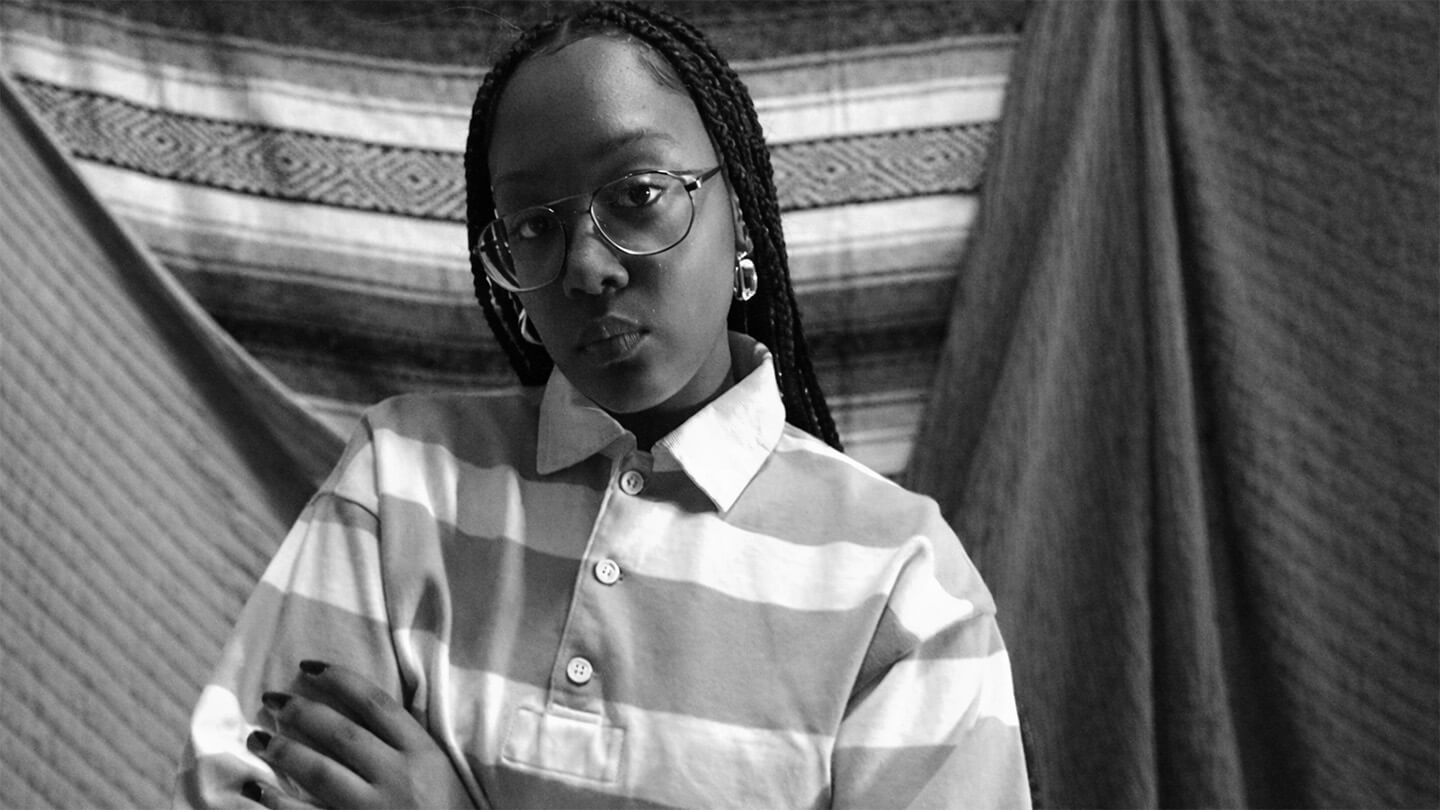Article too long to read?
In an industry often defined by relentless ambition, director Whitney St Ours offers a refreshingly different perspective: be a decent person first. It’s a philosophy born from her own journey, transitioning from an actor with little control to a director who places immense value on collaboration and respect for everyone on set. This human-centric approach is the secret ingredient in her diverse body of work, from the award-winning thriller “The Housesitters” to the viscerally atmospheric horror short “Hostess.” For St. Ours, creating “worlds that are unique unto themselves” isn’t just about visuals and style; it’s about building a team that feels valued, heard, and integral to the creative process.
Indie Shorts Mag: You transitioned from acting in theater, TV, and indie films to becoming a director. What inspired this shift, and how does your acting experience influence your directing?
Whitney St Ours: I think I was seeking a way to control the final product. I wanted to be able to shape a film from the other side. Actors have very little control and I am acutely aware of that. It’s one of many reasons to show their craft respect. Actors come on to set knowing they can deliver amazing work and still not end up on screen. They are very brave and take on a lot in between jobs and on the job. I need to make sure they are part of the team and know how valued they are. I like to chat with them about everything and anything before we are on set. That camaraderie helps. On set as an actor my favorite experiences always began with the crew consulting me on what I thought about the character and allowing me to influence my hairstyle, clothing, and choices. Actors aren’t props. They’re full of insight and a director who doesn’t want to engage with their actors on ideas is probably not very smart.
Indie Shorts Mag: Your work spans multiple genres, from comedy and drama to thriller and art house. What draws you to explore such diverse styles, and do you have a favorite genre or a blending approach?
Whitney St Ours: I just love movies! I love comedies, horror, thriller, drama, and all the sub genres in between. I’m lucky to say that if I feel like trying something, I’ll go ahead and do it. I’ve been told this is not good for garnering an audience…but I’m cool with that.
I do think I favor thrillers, dark comedy, and gore over everything else. If I could make arthouse all the time I would because it’s so damn fun, but ultimately, I want to tell stories more people recognize and relate to. My approach is the same ultimately regardless of the work. I like to pursue the story by making a strong plan while maintaining enough flexibility to allow spontaneity on set.
Indie Shorts Mag: “The Housesitters,” which earned you acclaim from Nightmares Film Festival, is one of your most notable projects. Can you share the creative process behind it and what you think resonated with the audience?
Whitney St Ours: “The Housesitters” was a short play by my friend Joshua Morrison. So first he and I worked to adapt it. He did all the writing, I gave notes, and suggested adding one scene to the beginning to make it more cinematic. That opening scene is still one of the best looking things I’ve ever put on screen. I like to draw my storyboards so I spent a few weeks doing that. The process of becoming clear on the visuals helped me tremendously because I was so new at directing, I needed pictures to describe the shots. I researched fight scenes by watching a lot of Jackie Chan. I listened to advice from more experienced people. I think people liked the movie because everyone wants to see what happens when a weirdo enters a really nice house uninvited.
Indie Shorts Mag: Your short, “Hostess,” which we reviewed as a “sickly sweet horror,” fascinated us for its aesthetic world-building and sound design. What was the biggest challenge in creating such a vivid sensory experience?
Whitney St Ours: Probably my more-ish ways and my minimal time and budget. I decided to make Hostess in July 2025, we shot it in September 2025. It was hard but only in a good way. “Hostess” is like my brain threw up and everyone went along with it. I loved our whole crew…yeah we had challenges, truthfully we needed another day of shooting. But honestly, if we had more time, it would be a different movie, and part of the Hostess ethos is embracing things exactly as they exist, not seeking pain from what does not. I had a strong idea of where I wanted it to go sonically and my sound team was great. I knew I wanted to include “Beehive” (the song Jane plays on her headphones) from an early stage. Yeah. Hostess was maybe the easiest project in a way because it has no rules. It’s just a ride. I loved making something for the sake of itself. I think everyone should if they can.
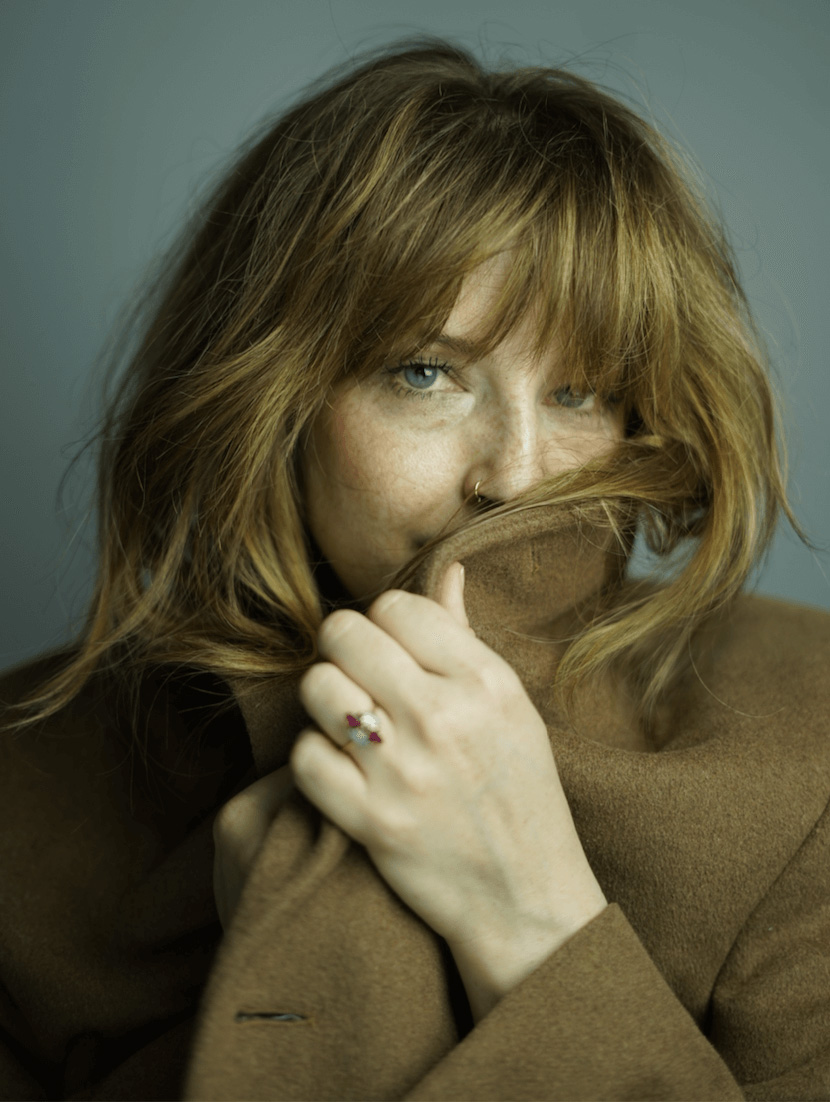
Indie Shorts Mag: You’ve dabbled in multiple artistic disciplines. How do you balance the technical and artistic demands of directing while staying true to your creative vision?
Whitney St Ours: Damn, I don’t know. When I am on my game I know how to say “you’re right”, “ok, that’s fine”, and “no we cannot do that and I will die on this hill” at the right times.
Indie Shorts Mag: You mentioned wanting to create worlds that are “unique unto themselves and contain multitudes.” Could you elaborate on how you achieve this philosophy in your films?
Whitney St Ours: I try to pay attention to everything- performances, what’s behind the performances (literally), how we are seeing everything, the pace, what expectations I can subvert, how far I can unravel the story without losing the thread. I am still learning how. But I know I want to speak to an audience that is great as suspending belief, has some patience, and likes weird.
Indie Shorts Mag: Short films often have limited time to convey their stories. How do you approach storytelling in this format to make it impactful and memorable?
Whitney St Ours: Edgar Wright has a great quote, “Come in late, leave early.” I try to do that.
Indie Shorts Mag: With recognition like a Best Director nod and your recent projects such as “Hostess,” how do you see your career evolving in the next five years? Any plans to venture into feature films or series?
Whitney St Ours: Feature film- absolutely would love to! A series, obviously I’d take it, but I hope it’s films for me. I love directing but also love design so if I found myself doing either of those jobs on set I’d be glad. I would still love to be an actor, too! ***But if anyone sees me doing a vertical short and calling it a film– that isn’t me–it’s an AI Whitney and you need to destroy her. ***
Indie Shorts Mag: In an increasingly competitive industry, what advice would you give aspiring filmmakers on staying true to their creative vision while gaining visibility?
Whitney St Ours: Nothing matters except being kind and decent to other people. Not just in our work but in life. Just try to be a decent person first. I can’t give any advice on gaining visibility except to say- don’t be shy to tell people what you do, especially in person. You can be humble and still let people know you believe in yourself. Also- say yes. Show up. Help your friends. All that stuff will pay off later and it will be satisfying. Your vision will come alive when other people genuinely root for you because they like you as a human being first. And if you have the chance to ask someone you admire a question- ask them!!!
Indie Shorts Mag: Lastly, for viewers yet to explore your work, how would you introduce your unique storytelling style to them? What should they expect from a Whitney St. Ours film?
Whitney St Ours: I’m not the most consistent but most of my movies either have some blood or a poop joke. And style. Always style!
Looking ahead, Whitney St Ours is eager to take on feature films, but her ultimate measure of success remains grounded in her principles. Her advice to emerging filmmakers isn’t about networking hacks or chasing trends, but something far more fundamental: “Show up. Help your friends. All that stuff will pay off later and it will be satisfying.” It’s a powerful reminder that a director’s vision is not a solitary pursuit, but a collective effort that thrives on mutual respect and genuine connection. As she puts it, your vision truly comes alive when others root for you, not just for your talent, but because they like you as a human being—a lesson that promises to define her career as much as her distinct and stylish filmmaking.
About the Author
No comments yet.
Got Something to add to this article?
Your email address will not be published. Required fields are marked *

